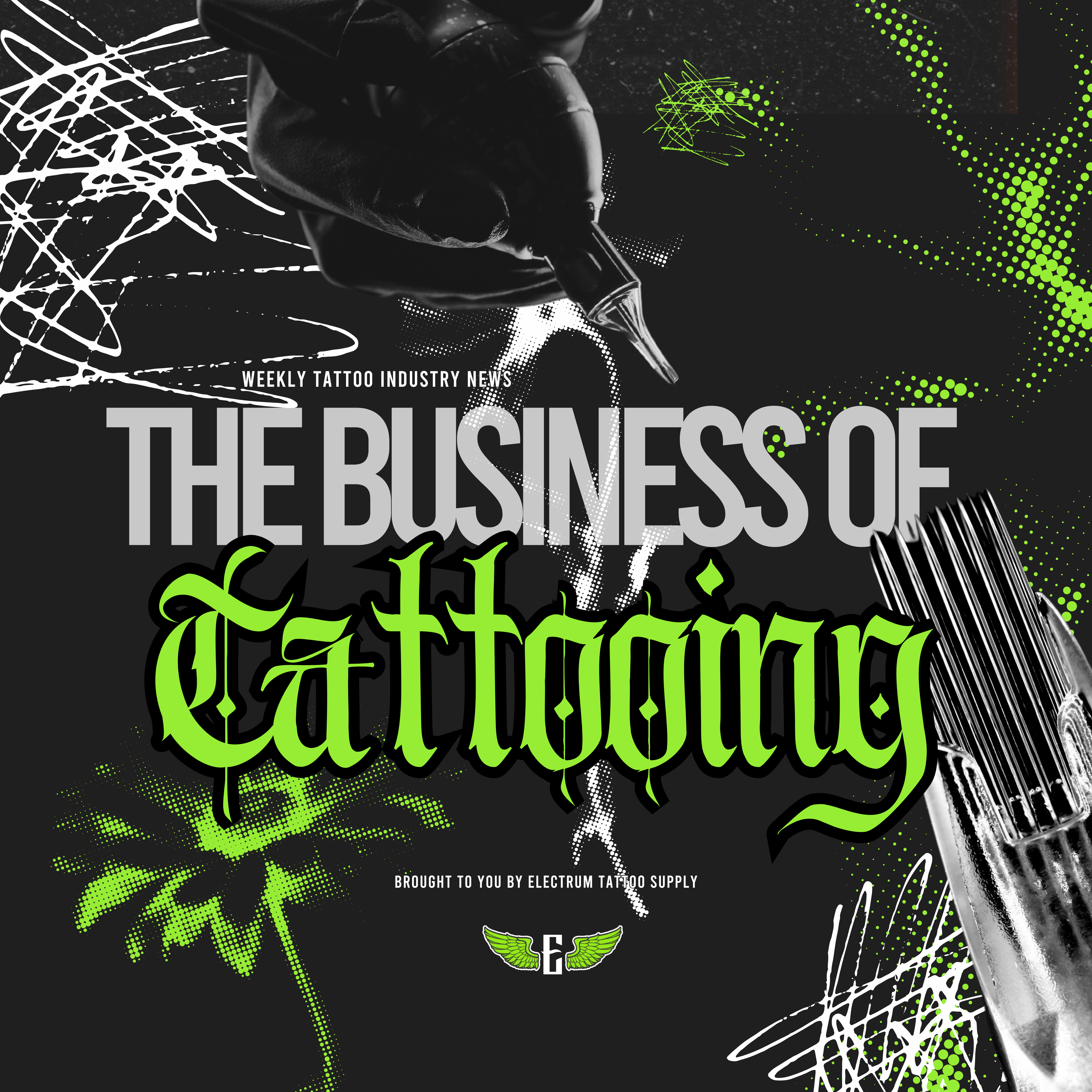Composed of symbolism that transcends cultural boundaries, tattoos are beyond being artistic expressions. Embedded in the inked designs are narratives of identity, spirituality, and societal roles. Join us on a journey across cultures as we unravel the profound symbolism in tattoos, decoding the hidden meanings etched into the skin.
}10 Meanings of Tattoos in Different Cultures
From spiritual significance to cultural milestones, tattoos carry a specific meaning or even represent a part of history. Unravel the ancient symbolism of tattoos, some of which are still being practiced.
1. Egypt: Ankh and the Key to Eternal Life
In ancient Egypt, the ankh symbol held profound significance. Shaped like a cross with a loop at the top, it represented life and immortality. Often found in tombs and on mummies, the ankh was a powerful symbol of eternal life and the cycle of rebirth.
2. Nordic Runes: Harnessing Ancient Energy
In Nordic cultures, runes were a written alphabet and symbols of ancient energy and wisdom. Many individuals today ink themselves with runes like Algiz (protection) or Vegvisir (compass) to tap into the strength and guidance believed to be attached to these old characters.
3. Chinese Symbolism: Dragons, Tigers, and Yin-Yang
Chinese tattoos are rich with symbolism, often drawing inspiration from mythical creatures and ancient philosophies. The dragon symbolizes power, prosperity, and good luck, while the tiger represents strength and courage. The yin-yang, with its interplay of opposites, signifies balance and harmony.
4. Celtic Knotwork: Endless Connections and Unity
Celtic knotwork is a hallmark of Irish and Scottish heritage. The intricate, unbroken lines symbolize eternity, interconnectedness, and the cyclical nature of life. Different patterns convey various meanings, such as love, loyalty, or spiritual growth.
5. Aztec and Mayan Glyphs: Language in Art
The Aztecs and Mayans used intricate glyphs to communicate and as symbols of religious and cultural significance. Tattoos featuring these glyphs can often tell stories of heritage and personal beliefs or invoke the protection of ancient deities.
6. Haida Art: Animals as Spiritual Guides
The Haida people of the Pacific Northwest are known for their vibrant art, mainly featuring animals like ravens, bears, and whales. Hailed as spiritual guides in Haida culture, animals and tattoos depicting these creatures symbolize a connection to the natural and supernatural realms.
7. Islamic Geometry: Symbolizing Unity and Perfection
Islamic geometry, often seen in the art and architecture of the Islamic world, also finds its way into tattoos. Geometric patterns like the eight-pointed star or the intricate arabesque motifs symbolize unity, perfection, and the infinite nature of the divine.
8. Māori Tā Moko: Spiritual Identity on Skin
In Māori culture, tā moko is more than body art; it’s a visual language conveying identity and status. Each curve and spiral in the tattoo tell a story, representing the wearer’s lineage, personal achievements, and societal role.
9. Inuit Tattoos: Marks of Transformation
Inuit tattoos traditionally served as marks of transformation and rites of passage. Women, for example, would receive facial tattoos after their first menstruation as a symbol of maturity and strength. These tattoos held deep spiritual and cultural significance.
10. Hindu Symbolism: Lotus, Om, and the Third Eye
Hinduism provides a rich tapestry of symbols for tattoos. The lotus, symbolizing purity and enlightenment; the Om, representing the essence of the ultimate reality; and the third eye, signifying inner vision and spiritual awakening, are popular choices for those seeking meaningful ink.
Welcoming the Modern Era of Tattoo Symbolism
In a more recent tattoo chronicle, the United States also carries a series of rich traditions that helped shape the era of modern tattoos. These were once used by early sailors as personal identifications and as a form of expression. For a period, tattoos were associated with status classification, dramatic circuses, and revolutionary symbolism.
Today, American tattoo culture is as diverse as its history and styles. It is a symbol of history, a form of art, and a sign of societal progression.
Weaving Cultures Through Tattoos
As one of the oldest forms of art, tattoos are rich in culture, connecting fragments of the past. Tattoos, as carriers of cultural symbolism, serve as both personal expressions and communal narratives. From the ankh in ancient Egypt to the Celtic knots in Ireland, each inked symbol tells a story that stretches across time and space. As we decode the hidden meanings behind these tattoos, we uncover not just art on the skin but a profound tapestry of human history, beliefs, and the universal quest for meaning.
In the modern era of tattoos, it's exciting to see how the industry unfolds. Trends may impact how tattoos in different cultures endure from generation to generation. Despite the uncertainty, tattoos generally have taken their rightful place in the mainstream. Such acceptance influences the continuity of cultures after many years or even centuries.

Embracing Art and Cultural Commitment With ELECTRUM Tattoo Supply
Like how symbolism influences cultural tattoos, our love of art and commitment to the tattoo community helped us solidify our reputation in the industry. We are artists ourselves, connecting tattoo artists and enthusiasts by creating and delivering premium tattoo products and supplies. Beyond quality products, we aim for excellent customer service with a personal touch. Each purchase from us is a package of love and good vibes. Get a new set of tattoo essentials from the industry experts.





